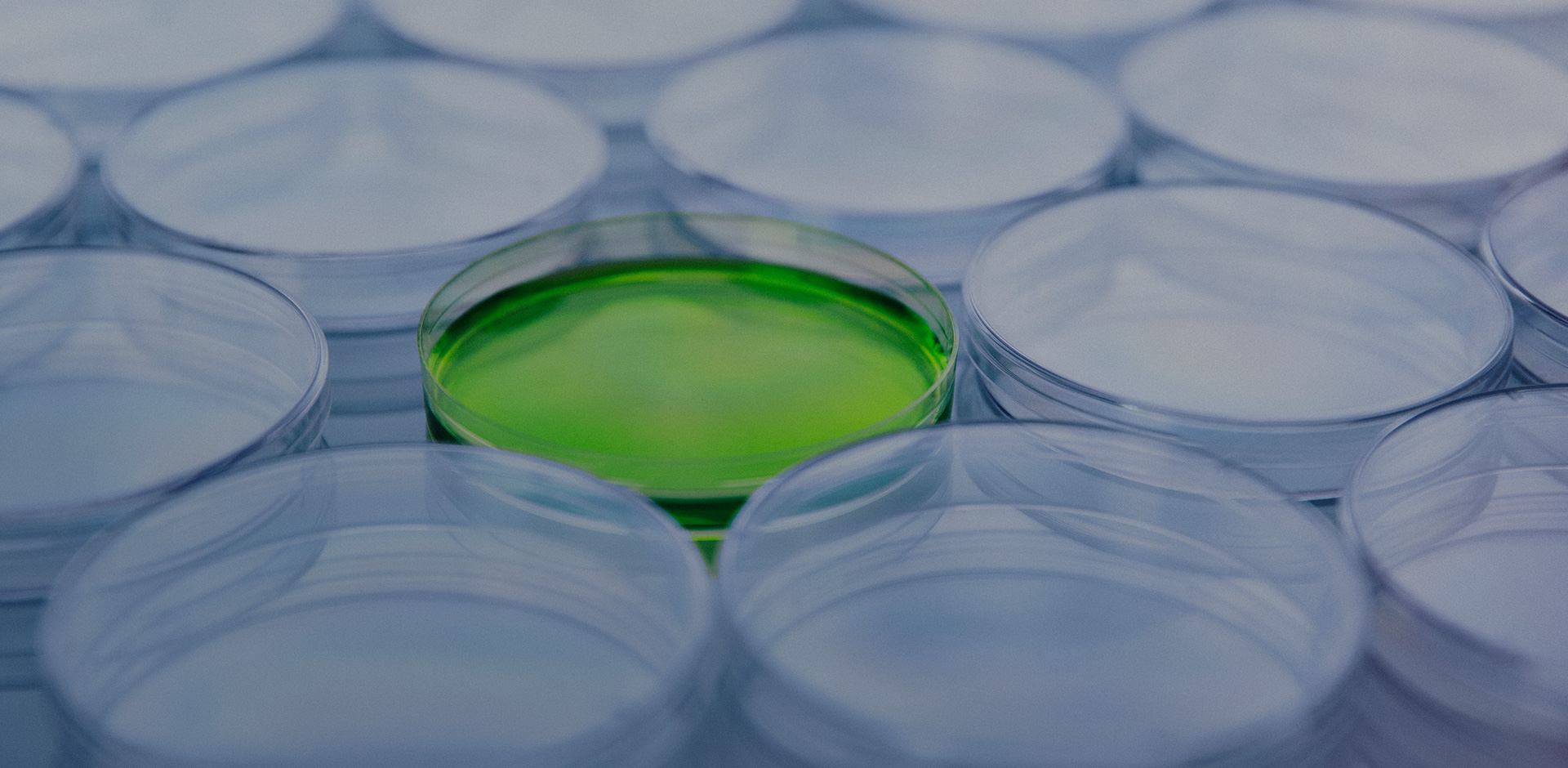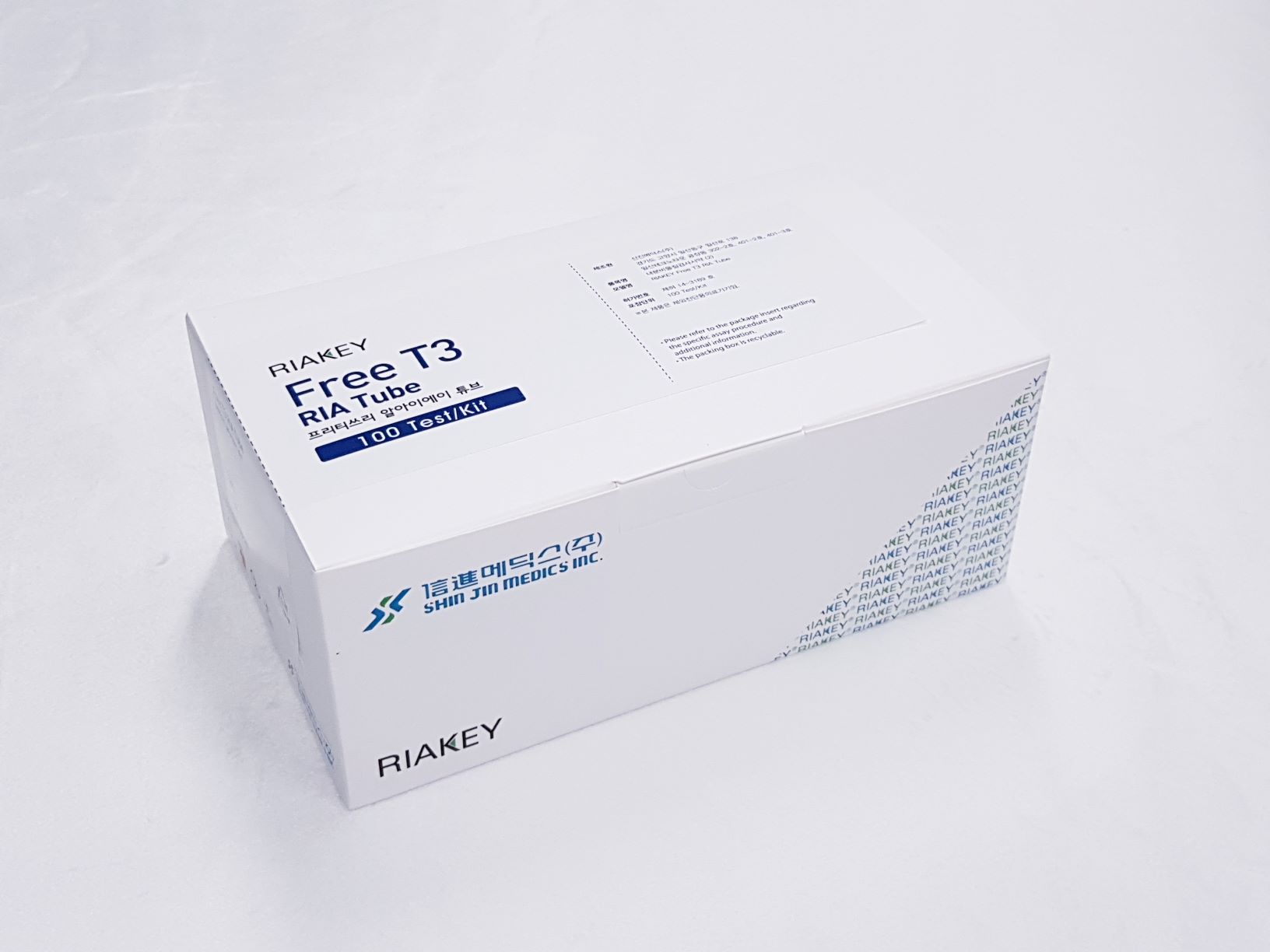Free T3
Immunoradiometric assay for quantitative determination of Free T3 in human serum
Summary
-
KFDA Registration No
14-3189
-
CAT No
RT05
-
TEST METHOD
RIA
-
SAMPLE VOLUME
100 ul
-
INCUBATION TIME
120'RT
-
STD RANGE
0-27 pg/ml
Download File
Intended Use
Immunoradiometric assay for quantitative determination of Free T3 in human serum
PRINCIPLE OF THE ASSAY
The RIAKEY Free T3 RIA tube is based on a competitive radioimmunoassay (RIA). During the incubation, the sample/calibrator free T3 competes with the anti-T3 labeled with Iodine-125 (tracer) for the specific sites of the antigen coated on the tubes. B/F separation is based on the use of antibody coated tubes, where the anti-T3 anti-serum is fixed on the tube walls. After aspiration, the radioactivity in the tubes is measured in a gamma counter. The degree of binding will be inversely proportional to the sample/calibrator hormone concentration.
Use Precaution
Be careful when handling all samples, reagents, or devices used in the test as they may be the source of infection.
All reagents, human body samples, etc. are handled at the designated location.
- Do not use mixed reagents from different lots.
- Do not use reagents beyond the expiration date.
- Use distilled water stored in clean container.
- Use an individual disposable tip for each sample and reagent, to prevent the possible cross-contamination among the samples.
- Store the unused coated tubes at 2~8ºC in the appropriate bags with silica gel and accurately sealed.
- If large quantity of assay would be performed at one time, there might be substantial time variation between 60 tubes at one time to minimize time variation. Also, do not exceed 10 minutes for entire pipetting.
- Wear disposable globes while handling the kit reagents and wash hands thoroughly afterwards.
- Do not pipette by mouth.
- Do not smoke, eat or drink in areas where specimens or kit reagents are handle.
- Handle samples, reagents and loboratory equipments used for assy with extreme care, as they may potentially contain infectious agents.
- When samples or reagents happen to be split, wash carefully with a 3% sodium hypochlorite solution.
- Dispose of this cleaning liquid and also such used washing cloth or tissue paper with care, as they may also contain infectious agents.
- Avoid microbial contamination when the reagent vial be eventually opend or the contents be handled.
- Use only for IN VITRO.

